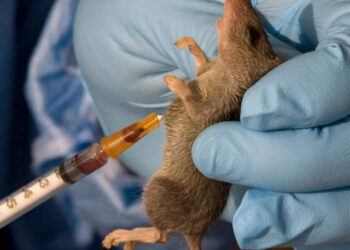A Family Planning expert at a 3-day training organized by Pathfinder International has lamented a situation where only 12 percent of women in Nigeria have access to Family Planning (FP) services which it attributed to poor funding.
This is even as mr Chima Azubuike a faciltator at a 3-day Capacity building workshop for media editors, OAPs and AFPs from States organized by Pathfinder International said currently only 17 percent married women have access to a method of FP with 5 percent using traditional methods.
Azubuike who made this known in a presentation in Abuja Tag; ‘Family Planning situation in Nigeria’ identified lack of fund as a major limitation to modern family planning use in Nigeria.
While appealing to the media to do more in the area of enlightenment, advocacy to ensure the visibility of FP services in their various States, Azubuike also informed that Nigeria has 13 per cent low modern contraceptives prevalence below the the sub-Saharan average of 23 per cent.
He added that, in the last Five years the use of modern methods of FP have increased from 10 per cent to 12 per cent and the total demand for contraceptives increased.
“Currently it is estimated that only 42 million women of reproductive representing 14 per cwent use modern contraceptive against 10 per cent who cannot access the commodity”
He said, “based on Nigerian demographic health survey 2018, Unmet need of family planning is highest in the south-south with 28 percent and lowest in the north-west with 14 per cent”.
Azubuike maintained that women without education and those with more than secondary education have the lowest Unmet needs of 17 per cent”, he stated
.








